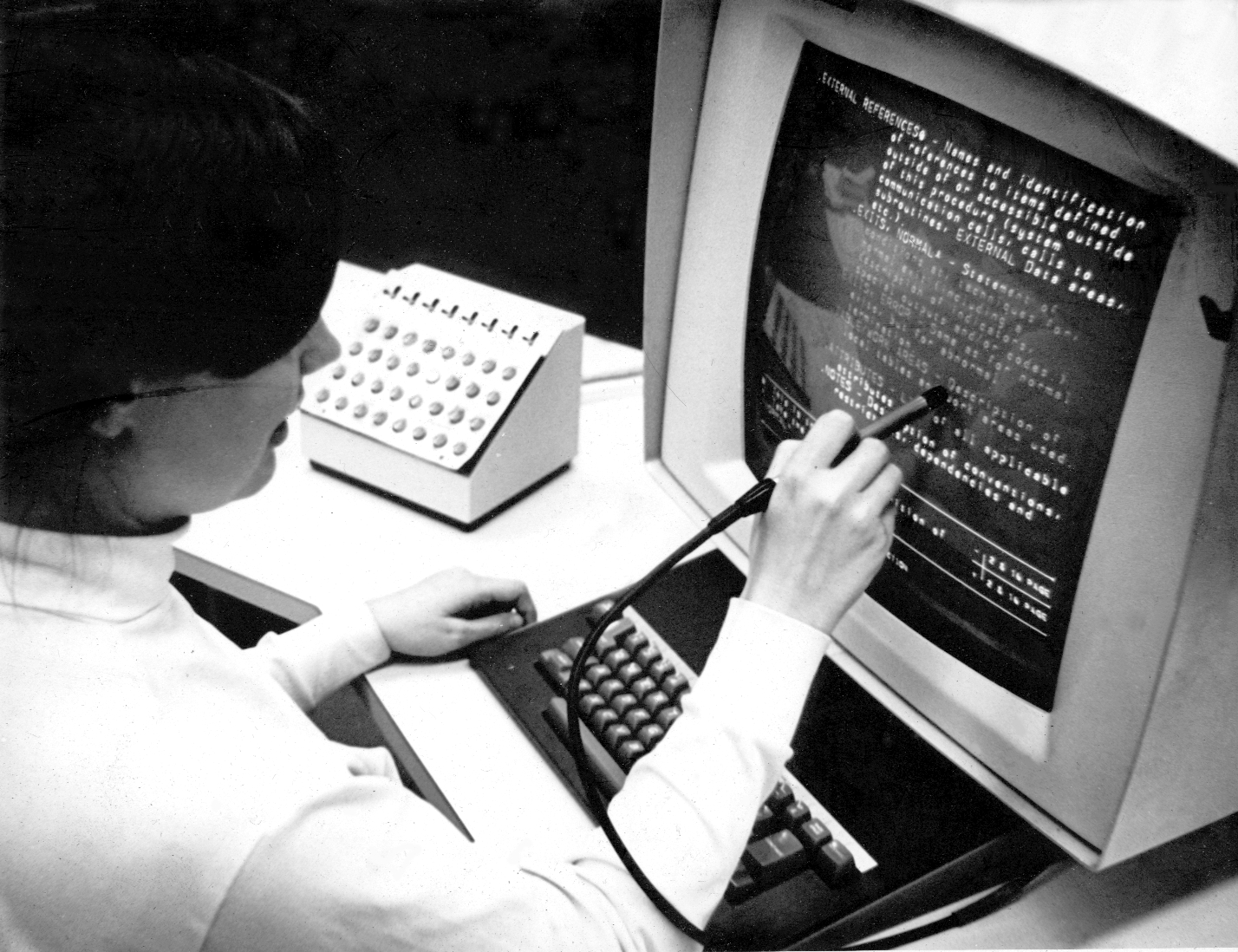Documents… differently
(Dutch column voor ‘digital government’)
 What is a document? It started as a flat piece of beaten clay, onto which characters were scratched with a stick. 8000 years later it was found and after years of study, archaeologists concluded that it said: ‘You owe me three goats”. ??
What is a document? It started as a flat piece of beaten clay, onto which characters were scratched with a stick. 8000 years later it was found and after years of study, archaeologists concluded that it said: ‘You owe me three goats”. ??
Through papyrus and parchment scrolls we arrived at mass production of paper and book printing in Europe in the 15th century. Our sense of the nature of a document is still derived from this previous revolution in information capture and distribution. When computers became commonplace as a tool to create documents, there was therefore a strong focus on applications to produce paper document as quickly and nicely as possible. The creation had become digital, but the final result was not fundamentally different from the first printed book in 1452.
Most word processors in use today cling to this concept. There are hundreds of functions for page numbering, footnotes and layout to achieve a legible final result – on paper. Many IT tools around the management and access of documents are directed to the concept of a digital document as a stack of paper. Ready to print for ‘real’ use. The modern ways of working together for various reasons no longer apply to a paper-oriented way of recording and distribution. Paper is static, local, and now much slower and more expensive to transport than bits. It is this combination of restrictions has led to new ways of creating documents where both the creative process and the end result is digital. A famous example is Wikipedia, the world’s largest encyclopaedia with millions of participants continually writing and rewriting about the latest insights in technology, science, history, culture or even the biography of Andre Hazes.??
In this new form a document is a compilation of information at an agreed place online. In Wiki environments anyone can register and then comment or improve the document. This input is visible and therefore usable for all other participants so the end result is the sum of knowledge rather than the interpretations of a small number of "editors". ??
If the future of documents is digital, with a new way of working we also need new tools. Page numbering and footnotes are irrelevant in hypertext. However, what is relevant in a culture of transparency and collaboration is software that allows comfortable "writing" (another old word) in a web browser.

 Nederlands
Nederlands
 English
English